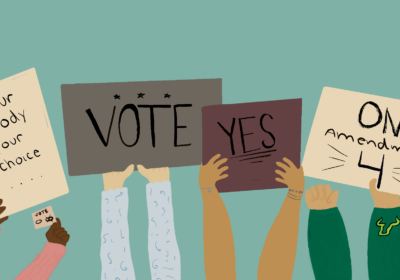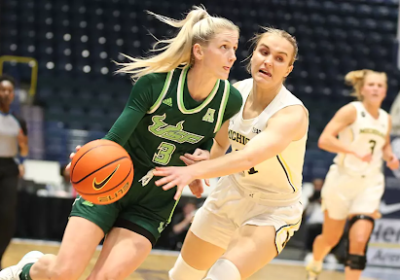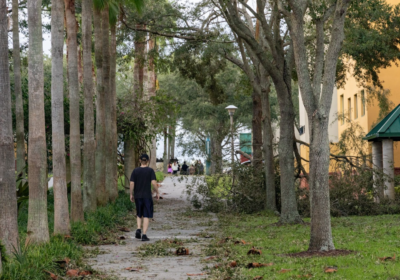LETTER: ‘Obamacare has benefits for college students’
Formally known as the Affordable Care Act, Obamacare gives college students and young adults a lot to be happy about. For starters, if your parents have coverage and you are lucky enough to be on their plan, you can stay insured up to the age of 26. That’s all the way through grad school for some.
For those that don’t have that luxury, don’t worry, because Obamacare offers subsidies to those making up to 400 percent of the federal poverty level, that’s about $46,000. So not only will there be
affordable plans, there will be
different plans to choose from to customize which type of coverage fits you best, while offering a higher level of care, which is now mandatory following the passing of the law.
According to the non-profit Kaiser Family Foundation, people making between $11,000 and $16,500 would only be paying, at most, two percent for their health insurance. That breaks down to $330 a year at 2 percent of $16,500, which is only $28 a month. Most college students pay at least double that for their cellphone bill.
Besides the cost, Obamacare prepares college students for
whatever comes their way. Adolescence is the time where many think they’re invincible and end up
getting hurt. Hit the wrong crack in the sidewalk on your long board on the way to class and break an arm.
Without insurance, a simple visit to the emergency room for a cast could cost thousands of dollars. Maybe it wasn’t your arm that broke but your glasses, or you chipped a front tooth. All of these cases would be almost impossible for a college student to afford without insurance. What about after that late night frat party where you made some not-so-smart choices? Pay either $100 or more for an STD test or just a small co-pay because you have coverage. Being young is the time to take care of yourself, so when you get older you don’t need to live a life in and out of the hospital.
From dental cleanings to eye exams to gynecologist visits, we can use preventative medicine now, so when we’re older, we are not facing the same problems our nation is today.
Michael May is a sophomore majoring in mass communications.






